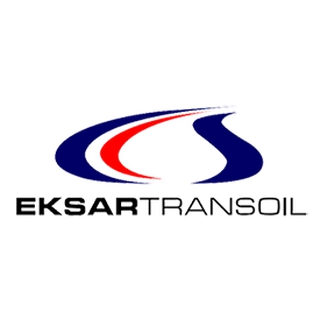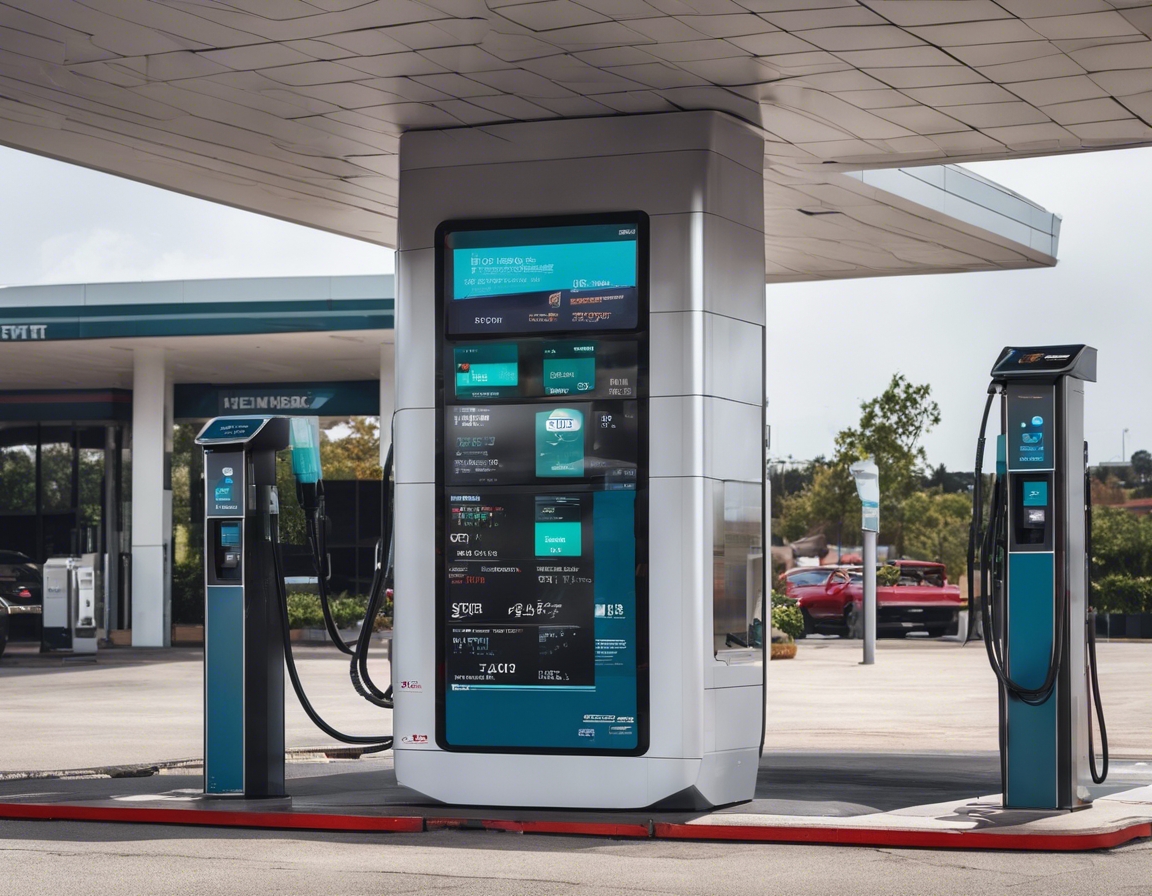5 tips for efficient fuel management in your business
Efficient fuel management is a critical aspect of running a successful business, especially for those in the transport, agriculture, construction, and private vehicle sectors. With the right strategies, businesses can significantly reduce fuel costs, improve operational efficiency, and minimize environmental impact.
Understanding Fuel Management
Effective fuel management goes beyond simply keeping tanks full. It involves a comprehensive approach to monitoring, controlling, and conserving fuel usage within your business operations.
A robust fuel management system typically includes hardware and software that track fuel dispensing, monitor usage, and provide detailed reporting. These systems help businesses make informed decisions about their fuel consumption.
Tip 1: Implement a Fuel Management System
When selecting a fuel management system, consider factors such as compatibility with your existing fleet, ease of use, and the level of detail in reporting it offers. A system that integrates seamlessly with your operations will provide the best results.
Automated fuel management systems can lead to significant cost savings by reducing manual errors, preventing fuel theft, and providing accurate data for better fuel purchasing decisions.
Tip 2: Regularly Monitor Fuel Usage
Regular monitoring of fuel usage through detailed reports can help identify trends, inefficiencies, and areas for improvement. This data is invaluable for making strategic decisions that affect your bottom line.
Setting up alerts for unusual fuel consumption patterns can quickly identify issues such as leaks, theft, or inefficient driving habits, allowing for prompt corrective action.
Tip 3: Educate Your Team on Fuel Efficiency
Investing in training your team on fuel-efficient driving techniques and the importance of fuel conservation can lead to a more mindful and cost-effective use of fuel across your business.
Encouraging a culture where every team member feels responsible for fuel efficiency can foster an environment of continuous improvement and cost savings.
Tip 4: Optimize Routes and Schedules
Route planning software can optimize delivery routes and schedules, reducing unnecessary mileage and fuel consumption. This not only saves fuel but also improves customer service with timely deliveries.
Adjusting schedules to avoid peak traffic times can reduce idling and stop-and-go driving, which are significant contributors to excessive fuel use.
Tip 5: Maintain Your Fleet for Optimal Performance
Regular maintenance ensures that vehicles are running at peak efficiency. This includes checking tire pressure, changing oil, and addressing any engine issues that could lead to increased fuel consumption.
When it's time to expand or replace your fleet, consider investing in vehicles with better fuel economy. Over time, the savings on fuel can be substantial, and it also demonstrates a commitment to sustainability.






Comments (0)